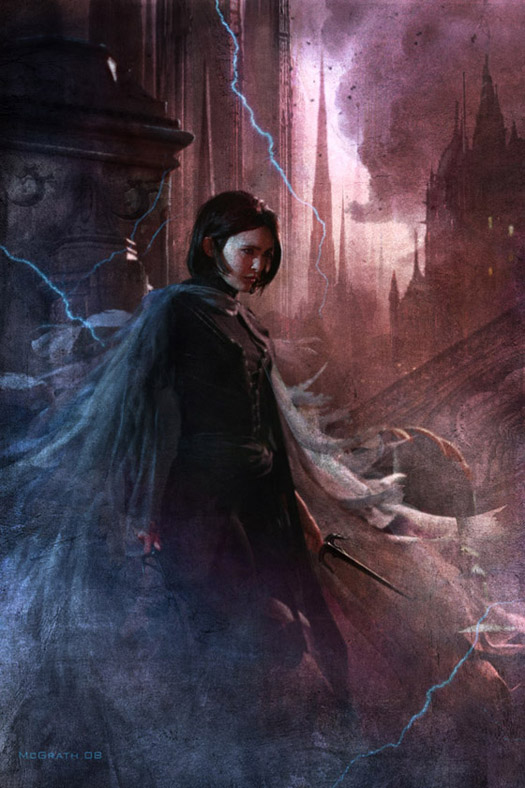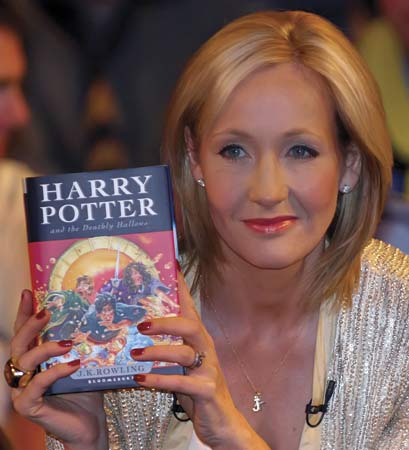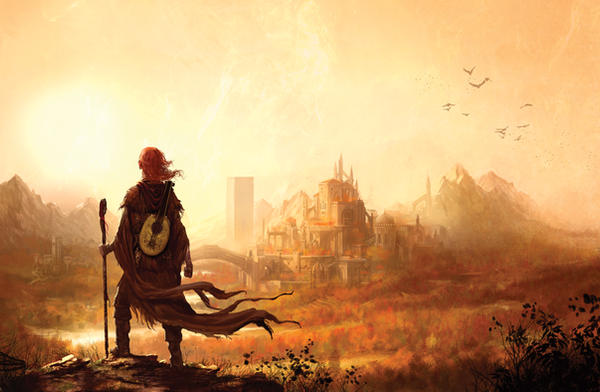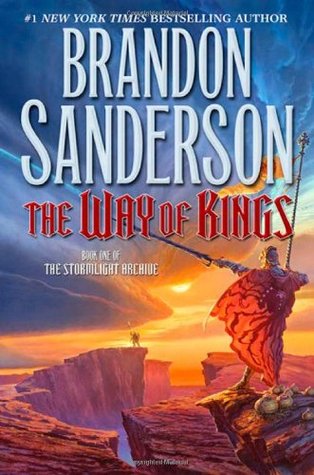This issue has taken me longer to write about, because it's not as straight forward to me. There are a lot of different issues that I could bring up, but for the sake of brevity I'm going to try and confine it to a couple of the bigger ones I've identified.
First, A Rant About "Strong Women"
I was at a CFL game a few months ago, and during the half-time show they had a quick concert with a Juno Award-winning rapper with current and former cheerleaders as his dance posse. The PA announcer, when the former cheerleaders were introduced, said something to the effect of "come on fans, let's hear it for these strong women!" Now don't get me wrong, I'm sure there were some strong women among them. I'm also equally sure there were some not-so-strong women among them.
Two things annoyed me about that statement. First, when have you ever heard someone say about an all-male band, or sports team, or any group or even individual, "those are some strong men". You don't, because men are all supposed to be inherently "strong" in the first place. Second, what exactly is that statement supposed to mean? In fact, right after the PA guy made that statement I turned to my friend and asked "what, as a woman, do you consider to be a strong woman?".
 |
| Are these women 'strong' because they're cheerleaders? |
The answer I got was pretty straight-forward: a 'strong woman' is confident, resilient, and well-adjusted. To me, what this meant was that a strong woman is basically a human being. In fact the term is one that by itself annoys me, and has been used a lot in the past decade or so when speaking about some female characters in fantasy novels.
A Quick History Of Female Characters In Fantasy
The earlier fantasy books were basically male wish-fulfillment. I like to make the joke that fantasy is basically romance books for men. The main character(s) are the men who learn they have hidden powers and/or are really heir to a kingdom or empire and have to save it, and possibly the whole world. On top of which, they get the hottie, who is treated more as a reward for his quest than an actual partner in a relationship.
 |
| That's some armor she's wearing |
The other kind of female character that arose, and this seems to be where the "strong woman" trope in fantasy began, is that of the female barbarian. She's a badass, wields a big sword or axe and is as good if not better at fighting as men are. Basically, a "strong woman" had to act as a man—and not just a man, but a man's man, she has to out-man even the manliest man. Yet, if this same female character was also the love interest of the main male character, she would inevitably still wind up being a damsel in distress in constant need of rescue by her man.
One example of that kind of character is Kahlan from Terry Goodkind's Sword of Truth series or related books. She has some magical powers and also is very capable as a fighter, and yet Richard (the main hero and her love interest) is constantly rescuing her from being captured, kidnapped, attacked, and near-raped. Yet whenever Richard is in trouble, Kahlan rarely if ever returns the favour. The sad part of this is Goodkind writes good female characters, including Kahlan. But the taint of those bad male wish fulfillment tropes still lingers in them.
What Can We Learn From Good Female Characters?
Bad female characters are objects, not people. They're in the books to further the tropes of male wish fulfillment. They don't have fleshed out personalities, back story, or development—what 'air time' they get is what is required for their relevancy as the damsel in distress, the hot badass warrior to be tamed, and so on. Good female characters are written as actual human beings, with all of the emotions, behaviours, motivations, strengths and weaknesses. They're flawed, they make mistakes, they get into trouble quite a lot... but they're also resourceful, resilient, and capable so they can get themselves out of those situations. They learn from mistakes, they develop as characters and, more importantly, as people.
 |
| Vin from Mistborn |
Vin from Brandon Sanderson's Mistborn is "strong" in that she is resilient, even if she is self-conscious, lacks confidence at times, and mistrustful of people. Look at the cover art that depicts her to the left: she looks cute and slight, not very intimidating but resolved. She is not unrealistically attractive with huge boobs and ridiculous clothing. Sanderson also wrote Shallan and Jasnah, brilliant scholars who are overly shy and arrogant respectively, from his book Way of Kings. In fact, all of the books he has written contains at least a couple of women among the protagonists who are great characters.
Winter from Django Wexler's The Thousand Names is pretending to be a man in order to serve in the army, and she is actually a terrible fighter and not ultra-smart. But she's tough as nails mentally and has enough common sense to see her through the greatest of perils she might face. She's leads by example, even when she doesn't really mean to. I mentioned in another post that I love heroes who win people over simply by being who they are, and Winter fits that billing.
David Hair's Moontide Quartet has four great female characters in his series, and they're all different and unique: one is a (originally) meek young woman raised to be a good wife and has a heart of gold; one is a mage who constantly struggles to be a tough as nails warrior among men; one is a young princess who by the laws of her people cannot rule but fills in as a capable regent for her child-brother when their parents are assassinated; and one is a cruel and conniving empress who is probably the most feared person in the world.
Conclusions To Be Drawn
I had a much longer list drawn up, then I realized I was basically writing down the entire cast of female characters from all of the fantasy books that I like. Considering how I can like good, well written characters in a book before anything else, I suppose that can't be a coincidence.
It only makes sense for authors to put the time and effort into writing good female characters. They can be good and evil, young and old, or strong and weak, as long as they're conceived of and written as real people, just as you would do to write good male characters. You allow yourself a much more diverse and interesting pool of people to draw from, whereas to focus only on the men you cut that down by half.
It also needs to be said, that even from the beginning of fantasy literature as a genre there have been good female characters. In my previous post about female authors, I created a long list of examples that reached back to the earliest days of the genre as proof that women can be the best fantasy authors. I could make a similar list of female character in some of the earliest fantasy books to make a similar point. The bad types that I ranted about and condemned above come from the type of books that have given fantasy a bad reputation still to this day. Truth to tell, those types of books will probably always exist, just as bad novels in general will always exist.
Just as great women will always exist in fantasy, in every single way.














